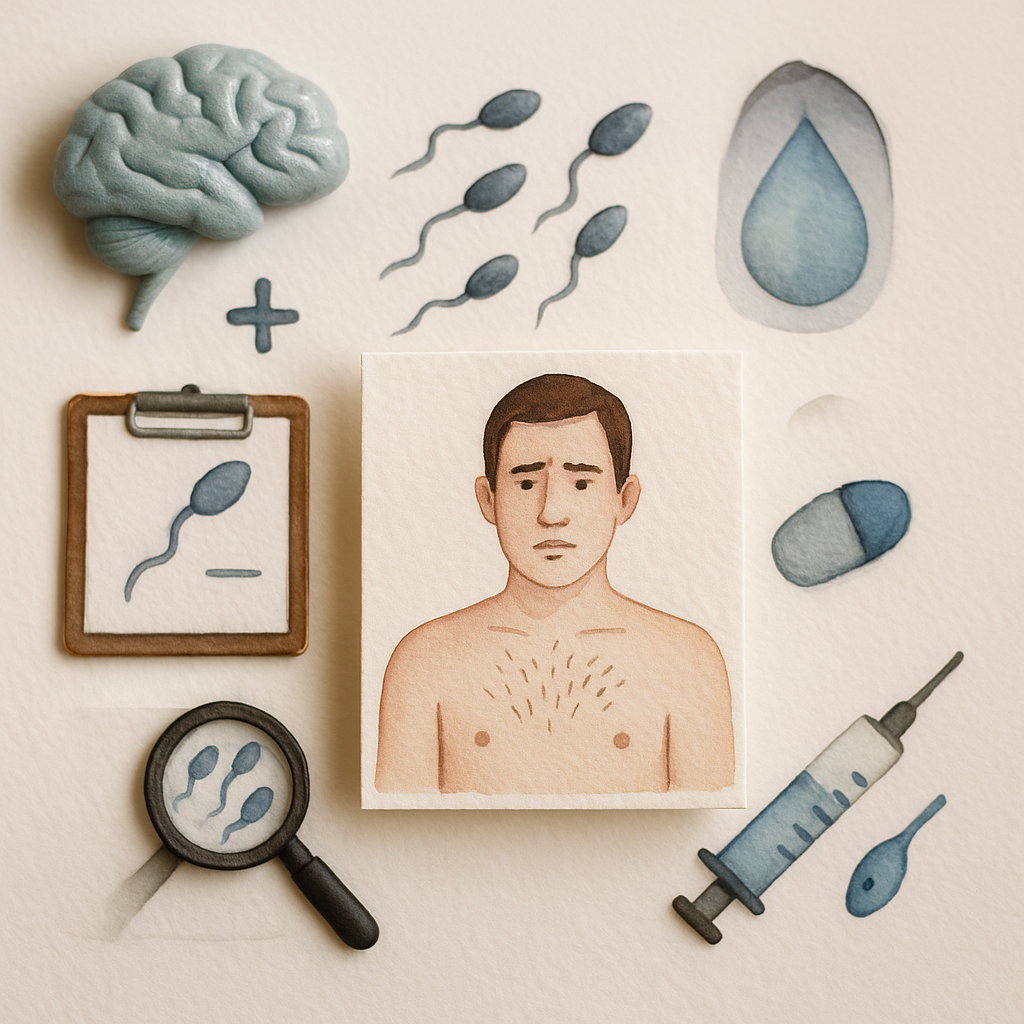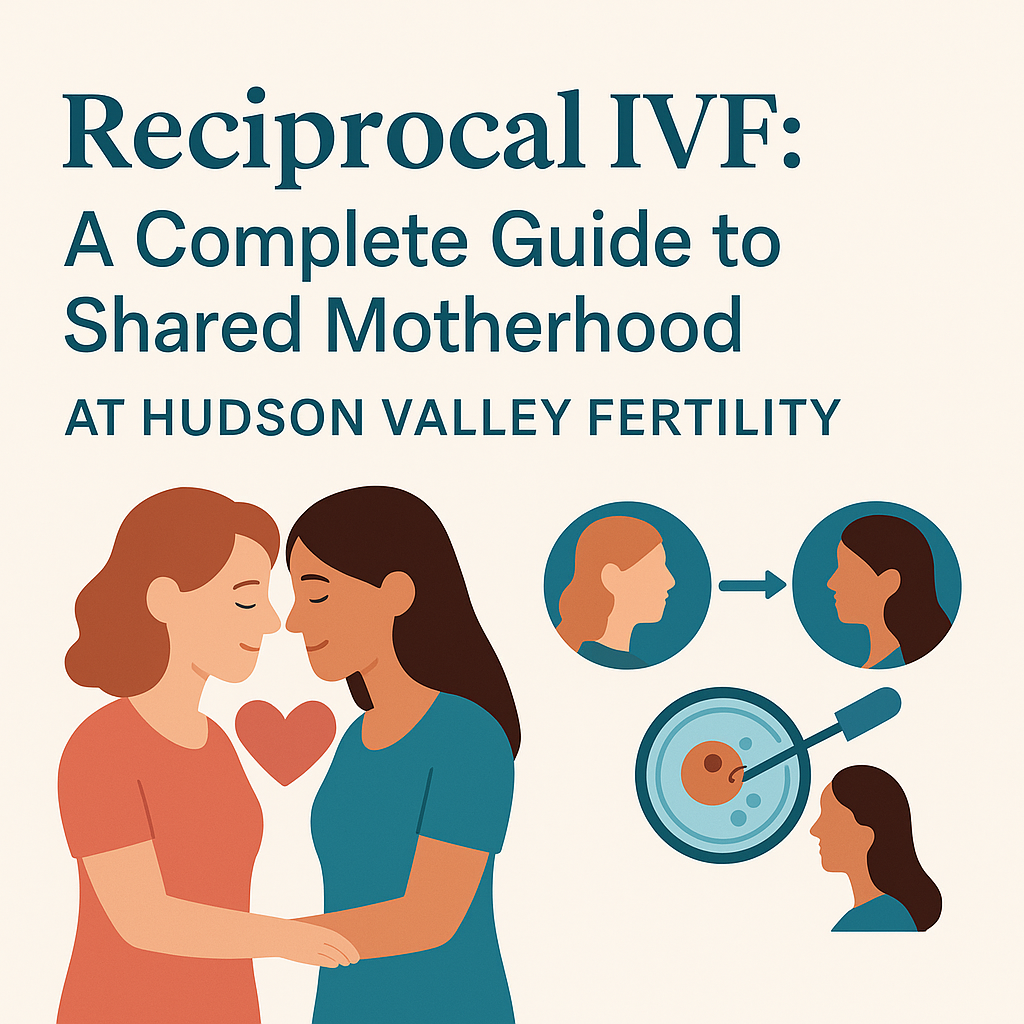November 14, 2024
The link between dairy consumption and fertility The relationship between dairy consumption and fertility has been a topic of ongoing debate and research. While some studies suggest a potential connection, others have found no significant impact. It's essential to approach this subject with an open mind and rely on credible scientific evidence. In recent years, the role of dairy in fertility has gained increased attention, with many individuals seeking to understand how their dietary choices may influence their ability to conceive. However, separating fact from fiction can be challenging, as numerous myths and misconceptions surround this topic. As you navigate the complex world of fertility and nutrition, it's crucial to arm yourself with accurate information. This article aims to provide a comprehensive overview of the current research and expert opinions on the impact of dairy on fertility, helping you make informed decisions about your dietary choices. Dairy and its effects on hormonal balance Hormonal balance plays a crucial role in fertility, and some researchers have explored the potential influence of dairy on hormonal regulation. Dairy products contain various compounds, including hormones, growth factors, and bioactive peptides, which may affect the body's hormonal levels. Proponents of dairy's potential impact on fertility argue that the hormones present in dairy products, such as estrogen and progesterone, could disrupt the delicate hormonal balance required for successful conception and implantation. However, it's important to note that the hormones found in dairy are present in relatively small quantities and may be further broken down during digestion. On the other hand, critics of this theory suggest that the hormonal impact of dairy is negligible and that other factors, such as overall diet, lifestyle, and underlying health conditions, play a more significant role in fertility. Debunking common myths about dairy and infertility Despite the ongoing research, several myths surrounding dairy and infertility persist. It's essential to separate fact from fiction and approach these claims with a critical eye. One common myth suggests that dairy consumption can lead to an increased risk of ovarian cysts and polycystic ovary syndrome (PCOS), which can contribute to fertility issues. However, current research does not support a direct causal link between dairy intake and the development of these conditions. Another prevalent myth claims that dairy products can increase the risk of endometriosis, a condition that can negatively impact fertility. While some studies have explored a potential association, the evidence is inconclusive, and further research is needed to establish a definitive connection. The role of fat-free dairy in unexplained infertility While the impact of full-fat dairy on fertility remains a subject of debate, some studies have suggested that fat-free dairy products may potentially benefit individuals experiencing unexplained infertility. Unexplained infertility refers to cases where no identifiable cause for infertility can be determined through medical testing. In these situations, researchers have explored the potential role of dietary factors, including the consumption of fat-free dairy products. A study published in the journal Fertility and Sterility found that women who consumed higher amounts of fat-free dairy products, such as skim milk and low-fat yogurt, had a slightly increased chance of successful conception compared to those with lower intakes. However, it's important to note that these findings are preliminary, and more research is needed to fully understand the mechanisms behind this potential benefit. Anovulation infertility and the potential impact of dairy Anovulation, or the absence of ovulation, is a common cause of infertility in women. Some researchers have explored the potential link between dairy consumption and anovulation, with mixed results. A study conducted by the Harvard School of Public Health found that women who consumed higher amounts of low-fat dairy products had a lower risk of anovulatory infertility compared to those with lower intakes. The researchers suggested that the vitamin D and calcium content in dairy products may play a role in regulating ovulation. However, it's important to note that this study focused on low-fat dairy products, and the impact of full-fat dairy on anovulation remains unclear. Dairy alternatives for those concerned about fertility If you have concerns about the potential impact of dairy on your fertility or prefer to avoid dairy products for personal reasons, there are several alternatives to consider. Plant-based milk alternatives, such as almond, soy, or oat milk, can provide a dairy-free source of calcium and other nutrients. However, it's essential to choose fortified varieties to ensure adequate nutrient intake. Fermented plant-based products, such as tempeh and miso, can also provide beneficial probiotics and nutrients that may support overall reproductive health. Additionally, incorporating a variety of leafy greens, nuts, and seeds into your diet can help ensure adequate intake of essential nutrients like calcium, vitamin D, and omega-3 fatty acids, which have been linked to improved fertility. Tips for incorporating dairy or dairy alternatives into a fertility-friendly diet If you choose to include dairy or dairy alternatives in your diet, here are some tips to help you make informed choices: Opt for organic and hormone-free dairy products whenever possible to minimize exposure to added hormones and antibiotics. Consider incorporating low-fat or fat-free dairy options, as some studies suggest potential benefits for fertility. Diversify your dairy intake by including a variety of sources, such as milk, yogurt, and cheese, to ensure a balanced nutrient profile. If you prefer dairy alternatives, choose fortified varieties to ensure adequate intake of essential nutrients like calcium and vitamin D. Incorporate a variety of plant-based sources of calcium, such as leafy greens, nuts, and seeds, to support overall reproductive health. Consult with a qualified healthcare professional or registered dietitian to develop a personalized fertility-friendly diet plan that meets your specific needs and preferences. Expert opinions on the relationship between dairy and fertility While the debate surrounding dairy and fertility continues, it's essential to consider the perspectives of experts in the field. Here are some insights from leading researchers and healthcare professionals: Dr. Jorge E. Chavarro, Associate Professor of Nutrition and Epidemiology at Harvard T.H. Chan School of Public Health, states, "The available evidence suggests that moderate consumption of low-fat dairy products may have a beneficial effect on fertility, particularly for women with ovulatory infertility." However, Dr. Jacqueline Maybin, a Consultant Gynecologist and Reproductive Endocrinologist at the University of Edinburgh, cautions, "While some studies have suggested a potential link between dairy intake and fertility, the evidence is still inconclusive. It's important to consider individual factors and consult with a healthcare professional before making significant dietary changes." Additional factors to consider for optimal fertility While the impact of dairy on fertility is an important consideration, it's crucial to recognize that fertility is a multifaceted issue influenced by various factors. Here are some additional factors to consider: Age : Female fertility declines with age, and advanced maternal age can significantly impact the chances of conception and successful pregnancy. Overall diet and lifestyle : A balanced and nutrient-rich diet, regular exercise, stress management, and maintaining a healthy weight can all contribute to optimal fertility. Medical conditions : Underlying health conditions, such as polycystic ovary syndrome (PCOS), endometriosis, or hormonal imbalances, may impact fertility and require medical intervention. Environmental factors : Exposure to certain environmental toxins, such as pesticides or heavy metals, has been linked to potential fertility issues. Genetic factors : In some cases, genetic factors or chromosomal abnormalities can play a role in infertility. It's essential to work closely with a qualified healthcare professional to address any underlying issues and develop a comprehensive approach to optimizing fertility. Conclusion: Balancing dairy consumption and fertility goals The relationship between dairy consumption and fertility is complex, with ongoing research and differing expert opinions. While some studies suggest potential benefits or drawbacks of dairy intake, it's important to approach the topic with an open mind and consider individual circumstances. Ultimately, the decision to include or exclude dairy from your diet should be based on a careful evaluation of your personal health, fertility goals, and the guidance of qualified healthcare professionals. Remember, fertility is influenced by a multitude of factors, and a holistic approach that addresses overall diet, lifestyle, and any underlying medical conditions is crucial for optimizing your chances of conception. If you're struggling with fertility or have concerns about the potential impact of dairy on your reproductive health, don't hesitate to seek professional guidance. Schedule a consultation with a fertility specialist or a registered dietitian who can provide personalized advice and support tailored to your unique needs and circumstances. Taking proactive steps towards understanding and addressing potential fertility challenges can empower you on your journey to conceiving.By staying informed, maintaining a balanced perspective, and working closely with healthcare professionals, you can navigate the complexities of dairy and fertility with confidence, making choices that align with your goals and overall well-being.











